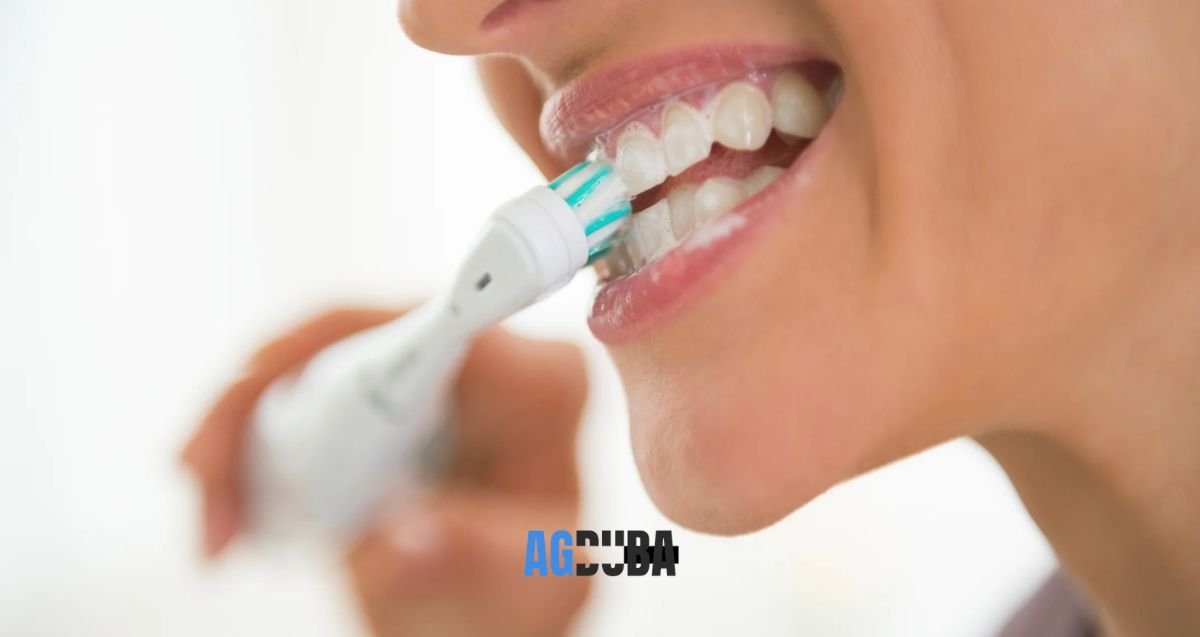Maintaining strong, healthy teeth isn’t just about looking good; it’s essential for your overall health and quality of life. The best way to protect your teeth is by establishing a daily routine that combines proper brushing, flossing, and regular dental visits. With these consistent habits, plus a few lifestyle adjustments, you can prevent common dental issues like cavities, gum disease, and enamel erosion. This guide will walk you through each step with insights from experts and scientifically backed methods to help you achieve lasting oral health.
Table of Contents
Why Protecting Your Teeth Matters
Taking care of your teeth goes far beyond cosmetics. Healthy teeth allow you to chew food comfortably, speak clearly, and maintain the structural integrity of your face. More importantly, oral health is linked to overall health—research has shown that poor dental hygiene can contribute to systemic issues like heart disease, diabetes, and respiratory infections. With this understanding, let’s dive into ways to effectively protect your teeth.
Establishing an Effective Daily Dental Routine
A great dental routine forms the foundation of healthy teeth and gums. Here’s how to make sure your daily practices keep your mouth in top shape:
- Brush Twice Daily
Brushing twice a day for at least two minutes removes bacteria, plaque, and food particles that lead to tooth decay. Use a fluoride toothpaste and a soft-bristled toothbrush to reach all areas of your mouth gently but effectively. - Use Proper Brushing Technique
Angle your toothbrush at 45 degrees toward your gums, using gentle circular motions. This technique minimizes the risk of enamel erosion and protects your gums from receding over time. - Floss Daily
Flossing isn’t just an extra step; it’s essential. It removes plaque and bacteria from between your teeth where a brush can’t reach. Regular flossing helps reduce the risk of cavities and prevents gum disease. - Incorporate Mouthwash
Using an antibacterial mouthwash can provide an additional layer of protection by reducing bacteria and keeping your breath fresh. Choose a mouthwash with fluoride if you’re prone to cavities.
The Importance of Regular Dental Checkups
Regular dental visits are key to early detection and prevention. Dentists can spot early signs of decay, gum disease, and even conditions like oral cancer. Schedule a professional cleaning and checkup every six months to keep your teeth and gums healthy.
Protecting Enamel: The Barrier of Strong Teeth
Enamel is the hard outer layer of your teeth that shields against decay. To preserve this essential layer:
- Limit Acidic Foods and Drinks
Acidic foods and beverages like soda, citrus, and wine can erode enamel over time. Drink water between acidic drinks or rinse your mouth to minimize the acid’s effect on your teeth. - Chew Sugar-Free Gum
Sugar-free gum stimulates saliva production, which neutralizes acid in your mouth and helps wash away food particles. - Opt for Enamel-Strengthening Toothpaste
Many brands offer enamel-repair toothpaste that contains minerals to help rebuild and strengthen weakened enamel.
Foods That Strengthen and Protect Your Teeth
A balanced diet isn’t just beneficial for your body; it also plays a crucial role in dental health. Some foods can actively protect and strengthen your teeth:
- Dairy Products: Milk, cheese, and yogurt contain calcium and phosphates that strengthen your teeth.
- Leafy Greens: Vegetables like spinach and kale are high in calcium and help to protect enamel.
- Crunchy Fruits and Vegetables: Apples, carrots, and celery stimulate saliva production, acting as natural cleansers for your teeth.
- Water: Staying hydrated is one of the simplest ways to protect your teeth. Water rinses away food particles and maintains saliva production.
Habits to Avoid for Optimal Dental Health
Certain habits can severely impact dental health. Here are a few to watch out for:
- Avoid Smoking and Chewing Tobacco: These habits not only stain your teeth but also significantly increase the risk of gum disease and oral cancer.
- Limit Sugar Intake: Sugary snacks and drinks are a major cause of tooth decay, as sugar fuels harmful bacteria in the mouth.
- Refrain from Grinding and Clenching: Grinding wears down teeth over time. Using a mouthguard while sleeping can help protect your teeth if you grind at night.
Preventing Tooth Decay and Gum Disease
Tooth decay and gum disease are among the most common oral health issues, but they are also highly preventable:
- Brush and Floss Regularly: Prevent plaque buildup, which is the leading cause of decay and gum issues.
- Avoid Sugary and Starchy Foods: These feed bacteria in the mouth that produce acid, leading to decay.
- Rinse After Eating: Especially after consuming acidic or sugary foods, rinse with water to reduce the chance of plaque formation.
Using Fluoride for Added Protection
Fluoride is a mineral that helps strengthen teeth and prevent decay. Many communities add fluoride to public water, and fluoride toothpaste is widely recommended. Fluoride treatments at the dentist’s office can provide an extra boost, especially for those prone to cavities.
Dental Tools That Aid in Tooth Protection
In addition to the basics, using specific dental tools can enhance your oral care:
- Electric Toothbrushes: Proven to clean more effectively than manual brushes, they are particularly helpful for those with limited dexterity.
- Water Flossers: These devices use a stream of water to clean between teeth, ideal for people with braces or dental work.
- Interdental Brushes: For those with wide gaps or orthodontic appliances, these can be an effective alternative to floss.
The Role of Saliva in Protecting Teeth
Saliva plays a crucial role in maintaining a healthy mouth. It helps to neutralize acids, wash away food particles, and deliver minerals to the enamel. Chewing sugar-free gum or eating fiber-rich foods can help stimulate saliva production.
When to Consider Dental Sealants
Dental sealants are protective coatings applied to the chewing surfaces of the back teeth, where decay often starts. Dental sealants can reduce the risk of decay by up to 80% on molars, especially for children and teens.
FAQs
How often should I visit the dentist for optimal tooth protection?
Ideally, you should visit the dentist every six months for a routine cleaning and checkup.
What foods should I avoid to protect my teeth?
Sugary foods, acidic drinks, and sticky candies should be limited to protect your teeth from decay and erosion.
Can I protect my teeth if I don’t have fluoride in my water?
Yes, using fluoride toothpaste and mouthwash and considering fluoride treatments at the dentist can help.
What’s the best way to protect my enamel?
Avoid acidic foods and beverages, and use toothpaste designed to strengthen enamel. Limiting sugary snacks can also help.
Is it possible to reverse early stages of tooth decay?
Early decay can sometimes be reversed with proper hygiene, fluoride treatments, and dietary adjustments.
What’s the importance of saliva for my teeth?
Saliva helps to cleanse the mouth, neutralize acid, and strengthen enamel with essential minerals.
Conclusion
Protecting your teeth requires consistent care, a healthy diet, and regular checkups. By establishing an effective dental routine, making smart food choices, and using fluoride, you can maintain strong teeth for life. Follow these strategies, and your teeth will look great and stay resilient against decay and disease.
For more informative articles, Keep visiting our website ag-buba












